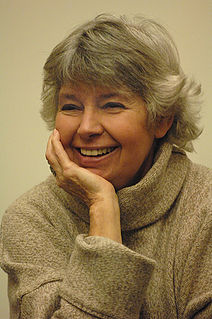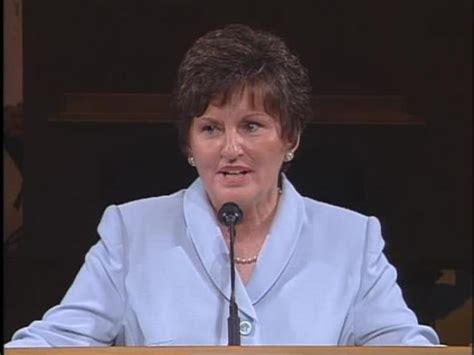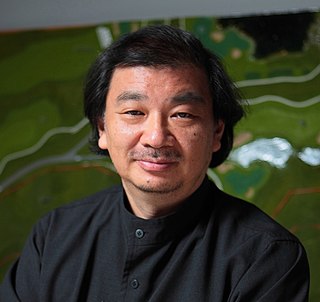A Quote by Peter Drucker
Knowledge is power, which is why people who had it in the past often tried to make a secret of it. In post-capitalism, power comes from transmitting information to make it productive, not from hiding it.
Related Quotes
We should not be content to say that power has a need for such-and-such a discovery, such-and-such a form of knowledge, but we should add that the exercise of power itself creates and causes to emerge new objects of knowledge and accumulates new bodies of information. ... The exercise of power perpetually creates knowledge and, conversely, knowledge constantly induces effects of power. ... It is not possible for power to be exercised without knowledge, it is impossible for knowledge not to engender power.
At the turn of the [21st] century it was really Sergey Brin at Google who just had the thought of, well, if we give away all the information services, but we make money from advertising, we can make information free and still have capitalism. But the problem with that is it reneges on the social contract where people still participate in the formal economy. And it's a kind of capitalism that's totally self-defeating because it's so narrow. It's a winner-take-all capitalism that's not sustaining.
There are a lot of people who believe that the individual can't make it himself. And that's why people want to join up in various herds - herd formation. So you become part of a herd, a group. Group power of some kind. There's an awful lot of group power people in our country [the USA] - Black power, Chinese power, Indian power, woman power. Everyone is putting in together.
At the heart of capitalism is the unification of knowledge and power. As Friedrich Hayek, the leader of the Austrian school of economics, put it, "To assume all the knowledge to be given to a single mind... is to disregard everything that is important and significant in the real world." Because knowledge is dispersed, power must be as well.
For years, we've been bludgeoned with the cliche "information is power." But information isn't power. After all, who's got the most information in your neighborhood? Librarians. And they're famous for having no power at all. And who has the most power in your community? Politicians. And they're notorious for being ill-informed.
It is a most just punishment, that man should lose that freedom, which man could not use, yet had power to keep, if he would; and that he who had knowledge to do what was right, and did not should be deprived of the knowledge of what was right; and that he who would not do righteously, when he had the power, should lose the power to do it, when he had the will.
Architects mostly work for privileged people, people who have money and power. Power and money are invisible, so people hire us to visualize their power and money by making monumental architecture. I love to make monuments, too, but I thought perhaps we can use our experience and knowledge more for the general public, even for those who have lost their houses in natural disasters.




































